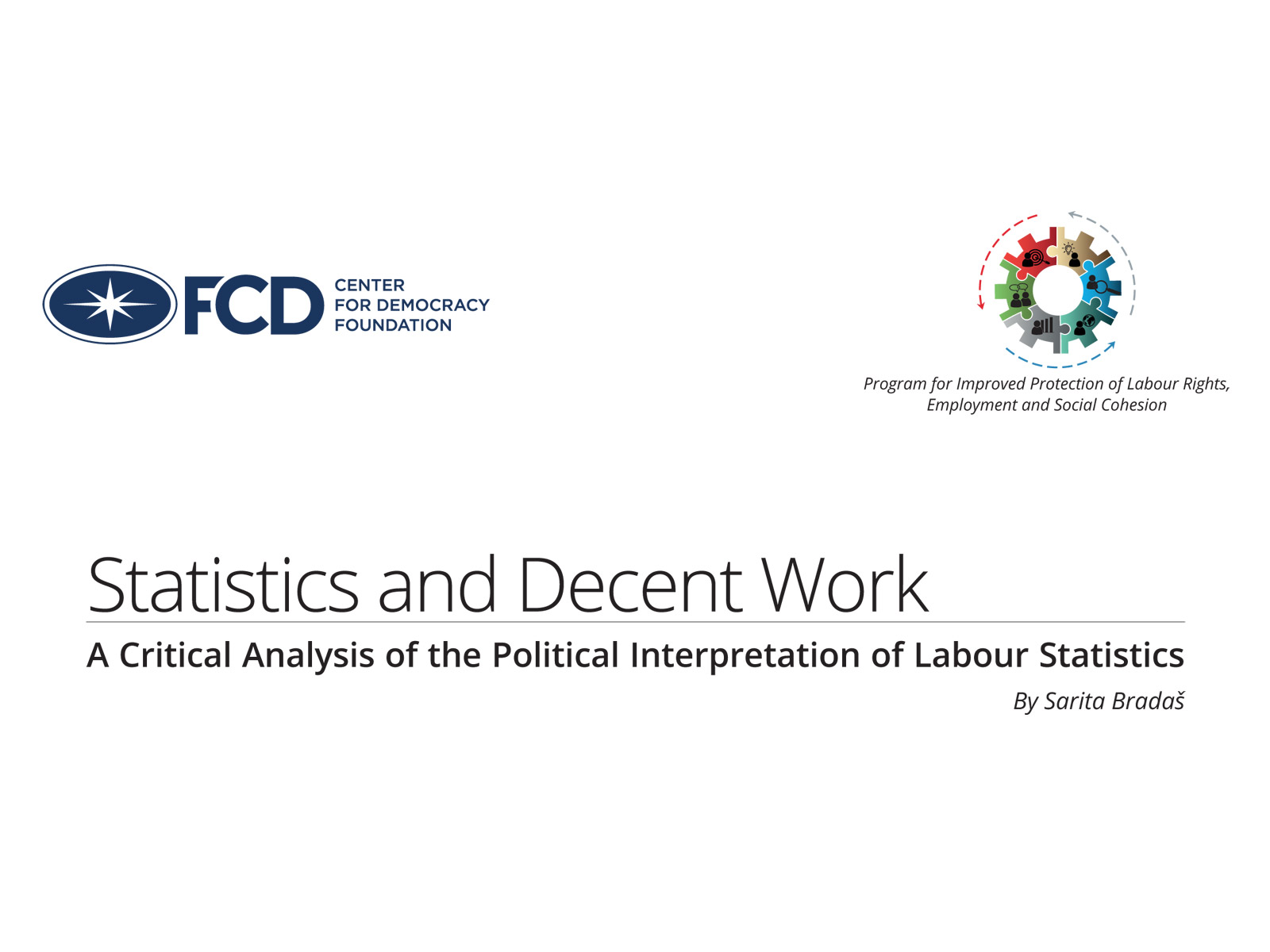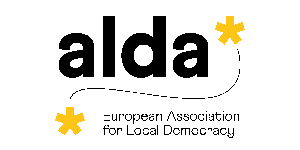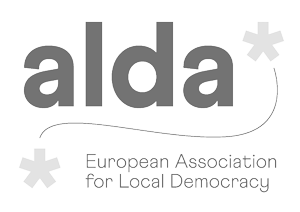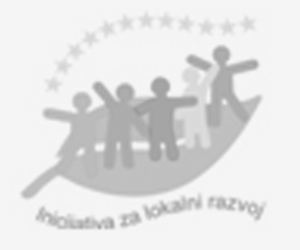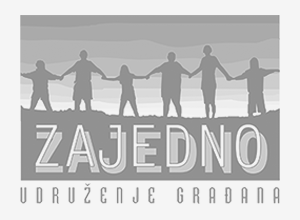Statistics and Decent Work
A Critical Analysis of the Political Interpretation of Labour Statistics
In the national policies and programmes in Serbia, it is evident, both in the analyses and the proposed measures, that only two indicators for the labour market were taken into consideration: the employment rate and the unemployment rate. Whereas, a rise of the employment rate and a drop of the unemployment rate were thought to be the only indicators for the situation on the labour market, without considering their potential impact on the realization of decent work and without putting into place measures for the protection of economic and social rights of employed persons.
According to the definition of decent work by ILO, decent work is employment which provides opportunities for productive labour, decent earnings, security at the work place and social security for family members. It should also provide good possibilities for one’s personal development and social integration, for freedom to express one’s concerns, and to organize and participate in making decisions which have an impact on one`s life.
The biggest increase in employment in 2016 was recorded in the 65+ age group (35%) and among youth aged 15-19 (27%), with an increase in both the formal and informal sector. The informal employment rate was extremely high in the above mentioned categories: 37,1% of the youth (15-24) and 58,7% of elderly persons (65+). e current trend can be explained by growing poverty14, which prevents young people from having full access to education. 253.997 students attended secondary education in 2015/2016 and yet 190141 were enrolled in higher education institutions, which means that 41% of the total number of youth aged 15-24 were outside of the education system (only 42% of students were state financed).
At first glance, the positive trend in employment is mostly the result of the rise of the employment rate of disadvantaged people who are at the margins of the labour market, young people who cannot continue their education and who are forced to do low-paid jobs, elderly people who cannot live on low pensions, workers with insecure income or with very low wages, people who have no security and protection at work, no sick leave rights, no paid annual leave, no social security rights, no statutory working hours, and no rights to organize in trade unions.
PUBLICATIONS
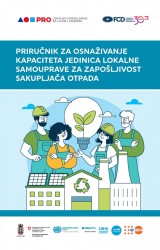 Manual for Strengthening the Capacities of Local Self-Government Units for the Employability of Waste Pickers
Manual for Strengthening the Capacities of Local Self-Government Units for the Employability of Waste Pickers
 NCEU Book of Recommendations 2025
NCEU Book of Recommendations 2025
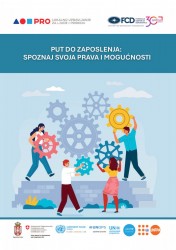 Manual “The Path to Employment: Get to Know Your Rights and Opportunities”
Manual “The Path to Employment: Get to Know Your Rights and Opportunities”
 Challenges for Organising and Collective Bargaining in Care, Administration and Waste collection sectors in Central Eastern European Countries
Challenges for Organising and Collective Bargaining in Care, Administration and Waste collection sectors in Central Eastern European Countries
 Public Policy Proposals – Collective Bargaining (CEECAW)
Public Policy Proposals – Collective Bargaining (CEECAW)
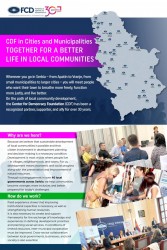 CDF in Cities and Municipalities: Together for a Better Life in Local Communities
CDF in Cities and Municipalities: Together for a Better Life in Local Communities
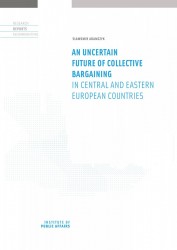 Comparative reports on collective bargaining - CEECAW
Comparative reports on collective bargaining - CEECAW
 POLITEIA – Regional School for Youth Participation 2025 (leaflet)
POLITEIA – Regional School for Youth Participation 2025 (leaflet)
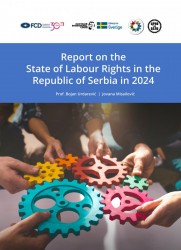 Report on the State of Labour Rights in the Republic of Serbia in 2024
Report on the State of Labour Rights in the Republic of Serbia in 2024
 Unlocking Collective Bargaining Power in Three Sectors: A Call to Action
Unlocking Collective Bargaining Power in Three Sectors: A Call to Action
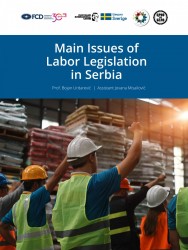 Main Issues of Labor Legislation in Serbia
Main Issues of Labor Legislation in Serbia
 New Monitoring Report by the “SDGs for All” Platform: Is the End Goal in Sight?
New Monitoring Report by the “SDGs for All” Platform: Is the End Goal in Sight?
 NCEU Book of Recommendations 2024 (Summary)
NCEU Book of Recommendations 2024 (Summary)
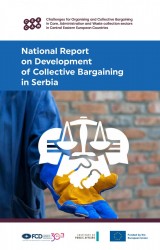 National reports on collective bargaining in Serbia - CEECAW
National reports on collective bargaining in Serbia - CEECAW
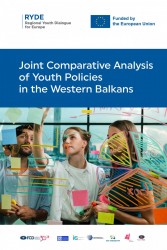 The Comparative Analysis of Youth Policies in the Western Balkans (WB)
The Comparative Analysis of Youth Policies in the Western Balkans (WB)
 Unlocking Collective Bargaining Power in Three Sectors: A Call to Action
Unlocking Collective Bargaining Power in Three Sectors: A Call to Action
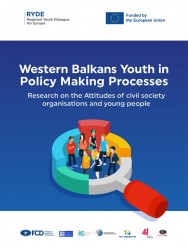 Western Balkans Youth in Policy Making Processes
Western Balkans Youth in Policy Making Processes
 SDGs for All Platform newsletter (December 2023)
SDGs for All Platform newsletter (December 2023)


